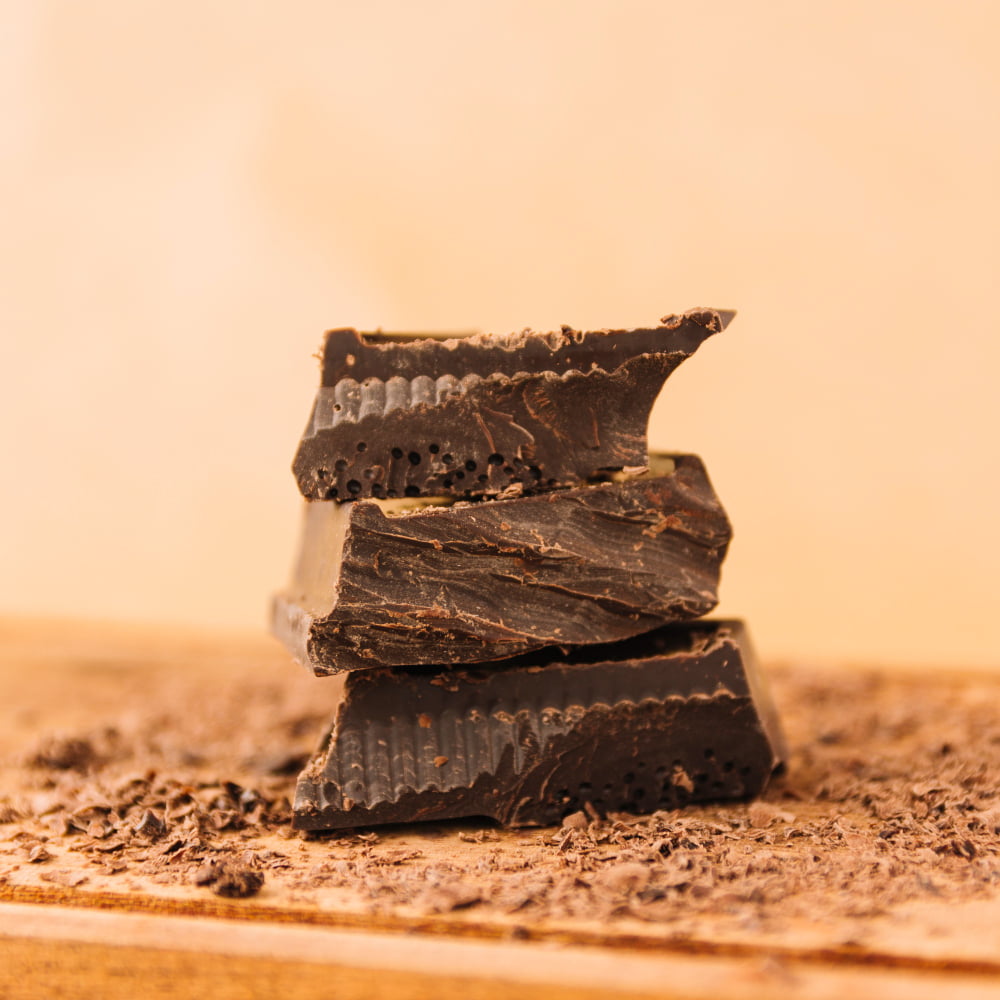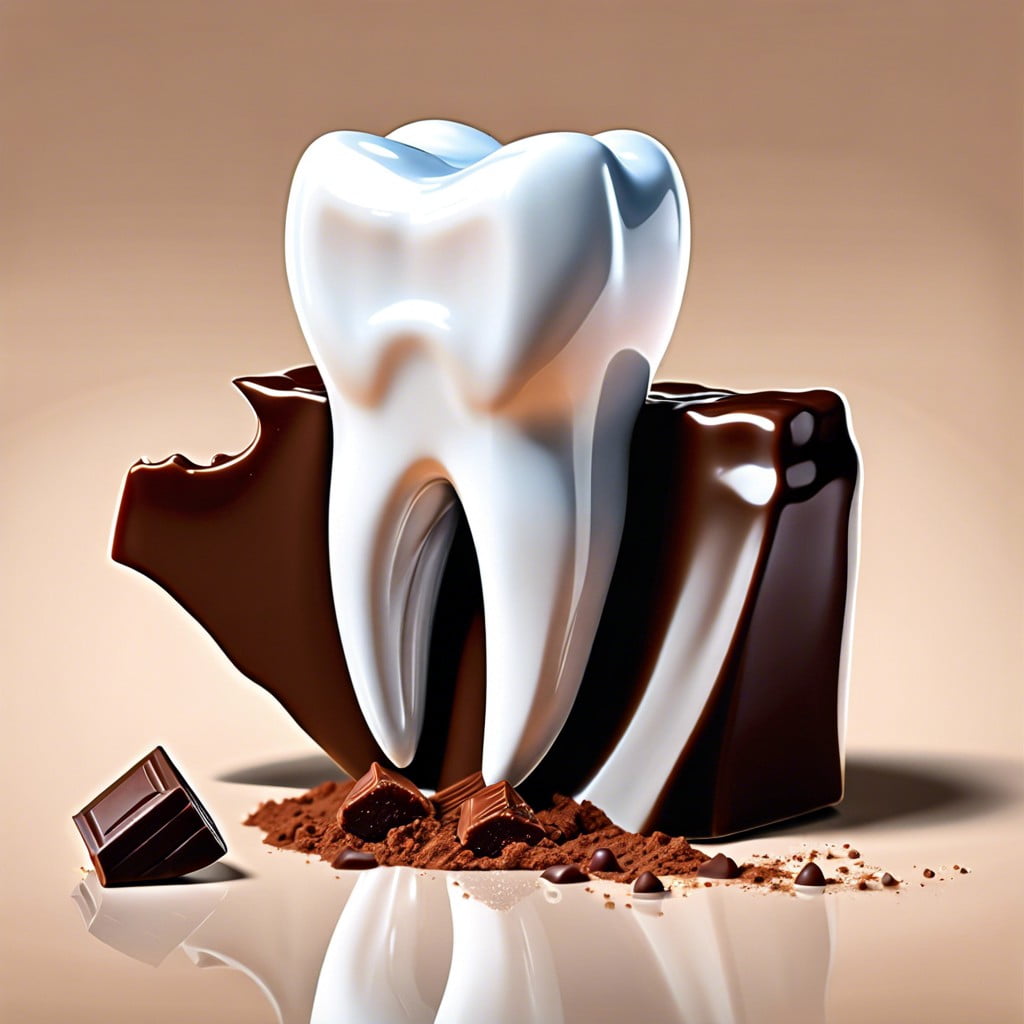National Chocolate Day celebrates the rich history, variety, and cultural significance of chocolate, and this article provides insight into how this day is acknowledged worldwide, along with tips on how to enjoy and appreciate chocolate to its fullest.
Key takeaways:
- National Chocolate Day is celebrated on October 28th.
- Chocolate’s history dates back to ancient civilizations.
- National Chocolate Day celebrates the cultural significance and joy of chocolate.
- Chocolate can enhance mood and contains various flavor compounds.
- Celebrate by enjoying chocolate, creating recipes, and supporting local shops.
Inside
When Is National Chocolate Day 2024?

Mark your calendars for October 28, 2024, the official date set to indulge in the sweet celebration that is National Chocolate Day. It serves as a prime opportunity for chocolate enthusiasts and confectioners alike to revel in the variety and richness of chocolate. This day lands annually on this autumn date, providing a delightful prelude to the holiday season, where chocolate plays a starring role in festivities and gift-giving. Whether you prefer dark, milk, or white chocolate, this is the moment to embrace your favorite treats guilt-free. Keep an eye out for local events and promotions as businesses often commemorate this day with special deals and new product launches, encouraging everyone to partake in the joy of chocolate.
History of National Chocolate Day
Derived from a blend of Aztec and Mayan traditions, chocolate’s history is rich with cultural significance, innovatively combining ancient practices with European influences post-Columbus’s return. It began as a bitter beverage among pre-Olmec cultures around 1900 BC, eventually transitioning into the sweet, universally revered treat we know today.
Marking National Chocolate Day reflects this enduring legacy, which has evolved through centuries. While the specific origins of this day are not well documented, its observance aligns with the broader cultural embrace of chocolate, which surged in popularity in the United States during the 20th century, powered by the industrial revolution and the advent of iconic chocolate companies.
National Chocolate Day, celebrated annually on October 28th, serves to commemorate not only the timeless enjoyment of chocolate but also its journey through history—from an exclusive luxury to a daily delight accessible to everyone. The day functions as a tribute to the dedication of chocolatiers and the continued innovation within the world of confectionery.
Why We Celebrate National Chocolate Day
National Chocolate Day serves as a tribute to one of the world’s favorite treats, honoring chocolate’s rich history that spans centuries and continents. It recognizes the cultural significance and the joy chocolate brings to everyday life. The celebration encourages appreciation for the countless varieties and forms in which chocolate can be enjoyed, from a simple chocolate bar to elaborate desserts and dishes. This day also underscores the economic impact of the chocolate industry, supporting the work of cocoa farmers, chocolatiers, and the countless professionals involved in bringing chocolate to market. It’s an opportunity for education about ethical sourcing and sustainability in chocolate production, promoting responsible enjoyment that supports communities and the environment. Celebrators indulge in their favorite chocolate delicacies, often sharing their passion with others through gifts, chocolate-themed events, and social media engagement.
Dreamy Creamy Facts About Chocolate
Chocolate derives its melt-in-your-mouth quality from its unique composition. Its primary ingredient, cocoa butter, possesses a melting point that falls just below the human body temperature, hence it smoothly dissolves on the tongue.
Scientific studies have revealed that consuming chocolate can release endorphins, the body’s natural feel-good chemicals, thereby enhancing mood and potentially providing a sense of euphoria similar to the feeling of being in love.
The notorious rumor that chocolate is as addictive as some drugs has been largely debunked. Though chocolate does contain minor amounts of stimulants like caffeine and theobromine, their concentrations are not enough to induce genuine addiction.
Artisanal chocolate’s complexity rivals that of fine wine, with cacao beans boasting over 600 flavor compounds, each influenced by genetics, terroir, and the crafting process. Connoisseurs prize single-origin chocolates for their unique profiles.
White chocolate stands apart in the chocolate family. It contains cocoa butter but lacks the cocoa solids found in milk and dark chocolates, giving it a creamier texture and sweeter taste that contrasts with the richer, more intense cocoa flavors found in its counterparts.
How to Celebrate National Chocolates Day
Indulge in your favorite chocolate treats, whether dark, milk, or white chocolate. Savor each bite and consider trying a variety from a chocolatier you’ve never sampled before.
Create and share your own chocolate recipes with family or friends. Consider baking a chocolate cake, cookies, or making homemade truffles.
Organize a chocolate tasting party. Invite guests to bring different chocolate varieties and spend the evening tasting and discussing the flavors.
Support local chocolate shops by buying their products. Many small businesses offer unique and artisanal chocolates that provide a taste of the local culinary scene.
Educate yourself about chocolate. Learn about its origins, the process of making chocolate from bean to bar, and the different cocoa percentages in chocolate products.
Pair chocolate with wine, coffee, or tea. Experiment with combinations to find perfect matches that enhance the chocolate’s flavor profile.
Consider the health benefits of chocolate, especially dark chocolate with high cocoa content, and enjoy it as part of a balanced diet.




